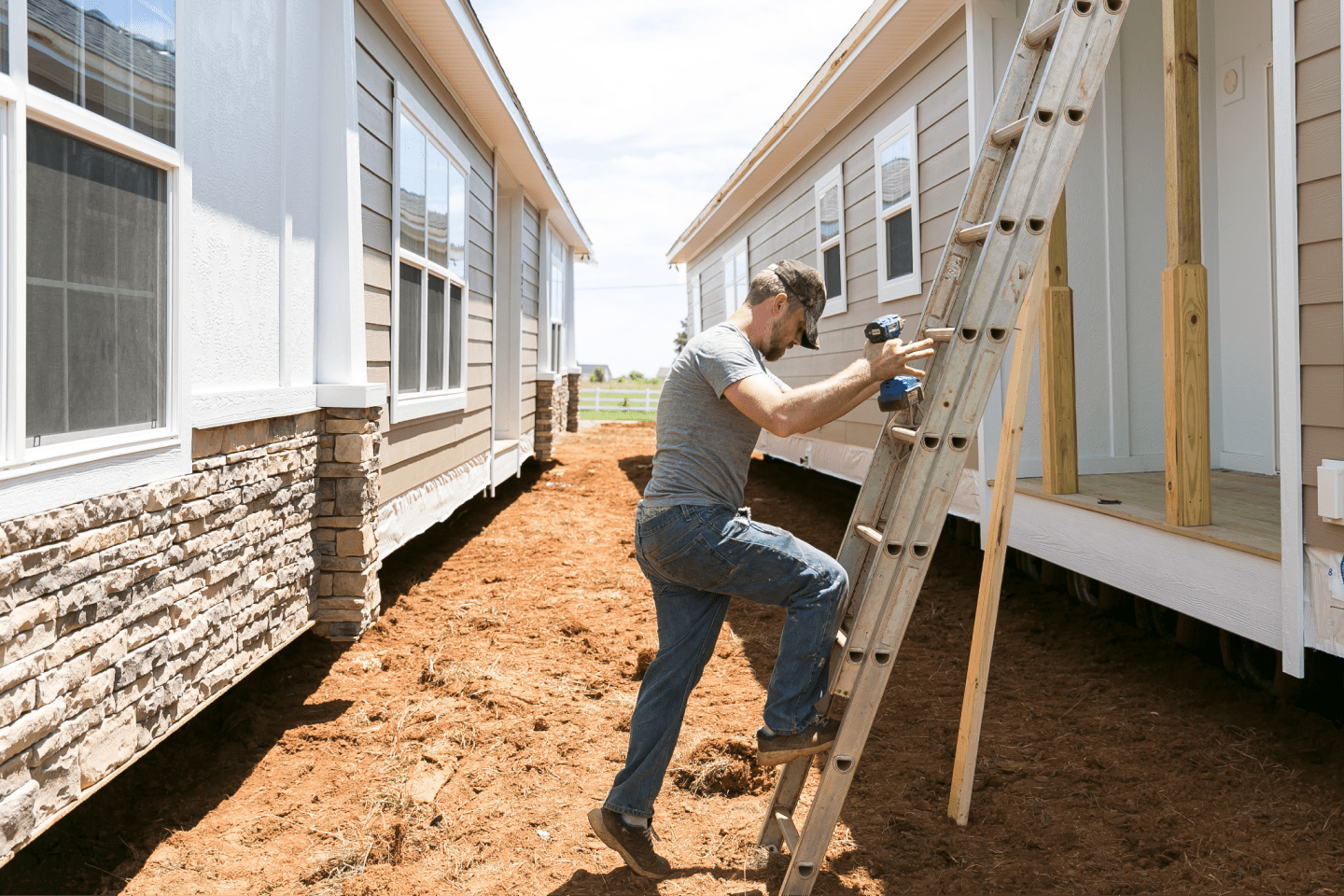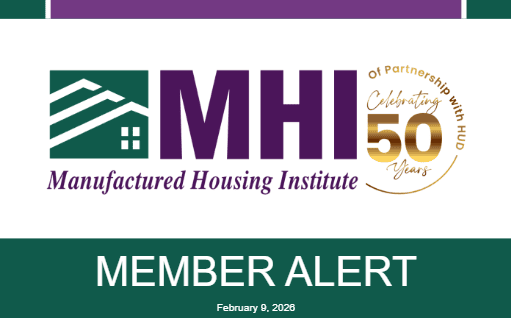Keep Exploring
Related Posts
Register Now for 2026 MHI Congress & Expo
Join MHI at the MGM Grand in Las Vegas for this year’s Congress & Expo! With top-quality educational programs led by industry experts, networking opportunities, and an exhibit floor showcasing innovations from over 140 companies, there is something for every segment of the industry.
MHI Remembers Doug Gorman
It is with deep sadness that MHI mourns the passing of Doug Gorman, a towering figure in the manufactured housing industry for more than five decades. His 55-year career shaped the future of attainable housing, from leading retail operations to improving countless lives through his unwavering commitment to helping families find quality homes.
Industry Veteran Discusses Housing Crisis
In this video from UMH Properties Inc., Eugene Landy, Founder and Chairman of UMH Properties Inc., discusses the company’s vision and approach to addressing the affordable housing crisis. In the video, he emphasizes that UMH focuses on efficiency, customer satisfaction and long-term value.
House Passes Key Manufactured Housing Reforms
Tonight, the U.S. House of Representatives overwhelmingly passed H.R. 6644, the Housing for the 21st Century Act by a vote of 390-9. This bipartisan legislation aims to expand supply, reduce costs, and open doors to homeownership for millions of Americans. MHI thanks its members who responded to our “Call for Action” and contacted their Representatives to help secure the passage of this important bill.
Invest in the Future of Manufactured Housing
Manufactured housing production declined 3.9% year‑over‑year in December and decreased 0.6% in total during 2025. December shipments fell, with single‑section units down 6.5% and multi‑section units down 1.6%; for 2025 overall, single‑section shipments dropped 4.7% while multi‑section shipments rose 2.7%.
MHI Economic Report Reveals December and 2025 Year-End Data
Manufactured housing production declined 3.9% year‑over‑year in December and decreased 0.6% in total during 2025. December shipments fell, with single‑section units down 6.5% and multi‑section units down 1.6%; for 2025 overall, single‑section shipments dropped 4.7% while multi‑section shipments rose 2.7%.






